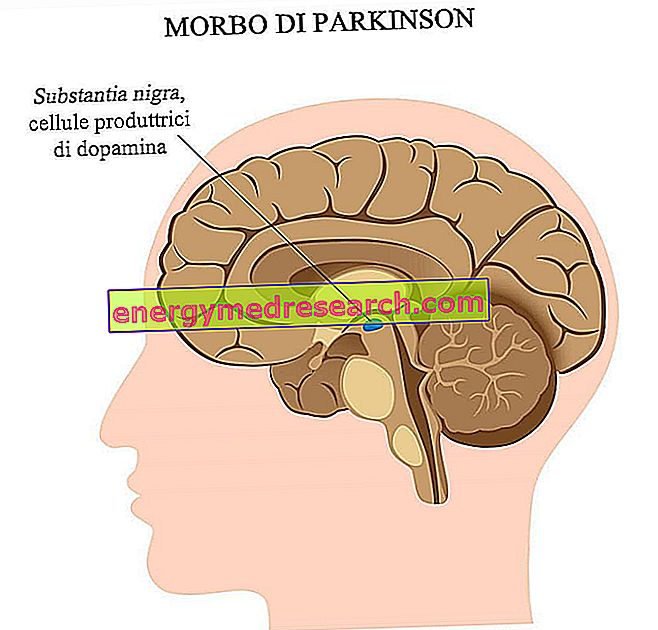Definition
Hepatitis A is an inflammatory disease involving the liver. More precisely, it is an infectious disease of viral origin.
Fortunately, hepatitis A is less dangerous than other forms of hepatitis, but it can still cause some serious complications; therefore, it is necessary not to underestimate it.
Causes
Hepatitis A is a disease caused by a particular type of RNA virus belonging to the Picornavirus family, whose name is, indeed, apatite A (or HAV) virus.
The transmission of hepatitis A virus occurs via the fecal-oral route. The main mechanisms by which contagion can occur are the consumption of contaminated drinks or food, close contact with infected people and unprotected proctogenital or ano-lingual sexual relations. In addition, hepatitis A is also widespread among drug addicts who inject drugs by sharing the syringe with other individuals who may already be infected with the virus.
Furthermore, it should be remembered that poor sanitary conditions are one of the main factors that can favor the spread of the virus.
Symptoms
The hepatitis A virus has an incubation period of 1-7 weeks after which the first symptoms may appear. Generally, patients with hepatitis A experience fatigue, fatigue, fever, loss of appetite, general malaise, nausea, headache, muscle and / or abdominal pain and jaundice.
However, in some people the symptoms may not even occur (this occurs mostly in children).
In patients with other liver diseases and in elderly patients, hepatitis A may cause mild to severe hepatic impairment. Furthermore, hepatitis A can get complicated in fulminant hepatitis, but, fortunately, this is a rather rare event.
Diet and Nutrition
Information on Hepatitis A - Hepatitis A Treatment Medicines is not intended to replace the direct relationship between health professional and patient. Always consult your doctor and / or specialist before taking Hepatitis A - Hepatitis A Drugs.
drugs
In reality, there are no real drugs for the treatment of hepatitis A and, in any case, in many cases they would not even be necessary. In fact, this pathology often manifests itself with mild symptoms and our immune system is able to defeat the virus on its own without having to resort to using medicines.
Generally, patients who have contracted the hepatitis A virus are advised to stay at rest, avoiding any physical effort, be it sporting or working. Furthermore, people suffering from hepatitis A must take a lot of fluids and adopt a balanced diet so as not to strain the already weakened liver from the pathology.
However, although there are no specific drugs for the treatment of hepatitis A, there are treatments that are used to prevent the contraction of this virus.
- Hepatitis A vaccine: the vaccine guarantees long-term immunization against hepatitis A virus, generally for a period of 10-20 years. The vaccine is usually administered intramuscularly in two divided doses six months apart.
The use of hepatitis A vaccine is recommended especially for people traveling in areas where HAV is widespread, for people who require blood transfusions, for drug addicts and for health and military personnel.
However, to provide adequate protection, the vaccine takes 2-4 weeks, so if faster immunization is needed, other methods are preferable.
- Gammaglobulins : treatment with gamma globulin (antibodies) allows passive immunization against hepatitis A virus. Treatment with gamma globulin is preferable when rapid immunization to the virus is desired. In contrast, the protection provided by these antibodies has a limited duration of only 3-6 months.
The administration of gammaglobulins - as well as to prevent the contraction of the virus in subjects who have never come into contact with HAV - can be done in healthy individuals who, instead, have come into contact with the same virus to prevent or attenuate the illness, provided that the treatment is carried out within the first fourteen days after the infection occurred.
For prophylactic purposes, gammaglobulins are also administered to cohabitants of patients with hepatitis A.



